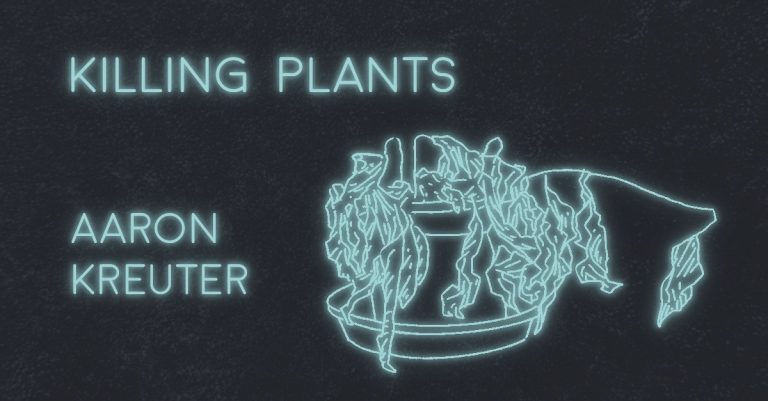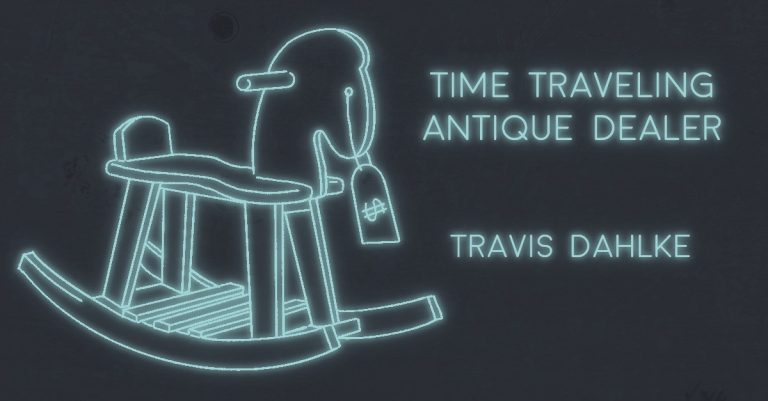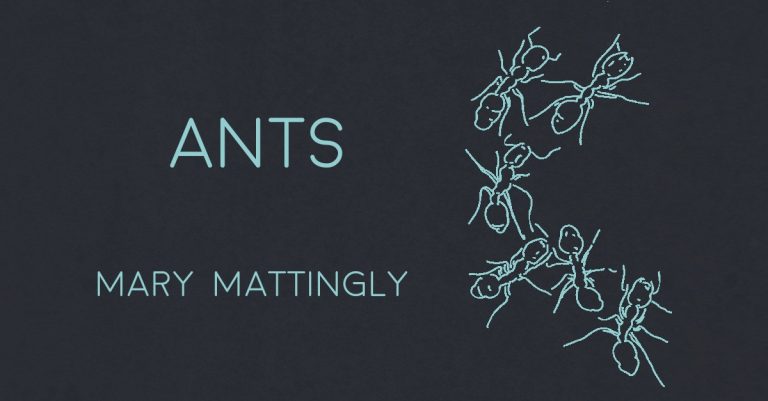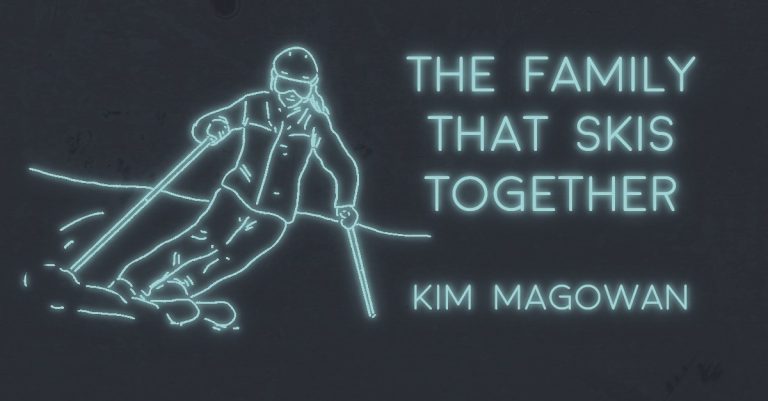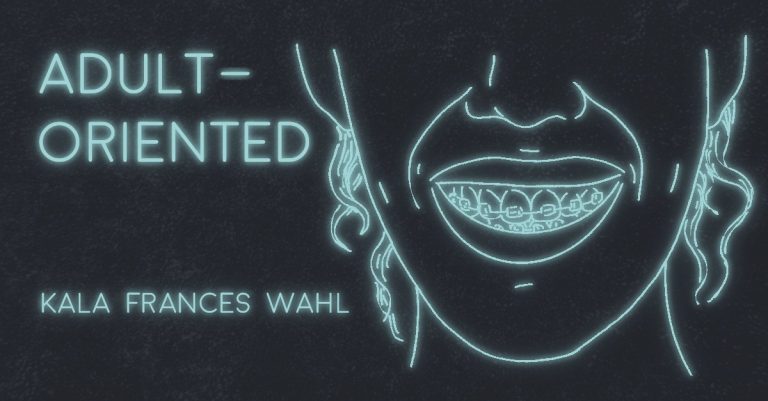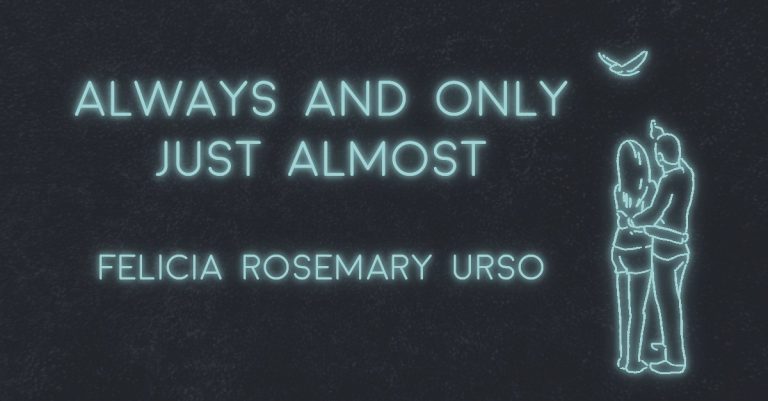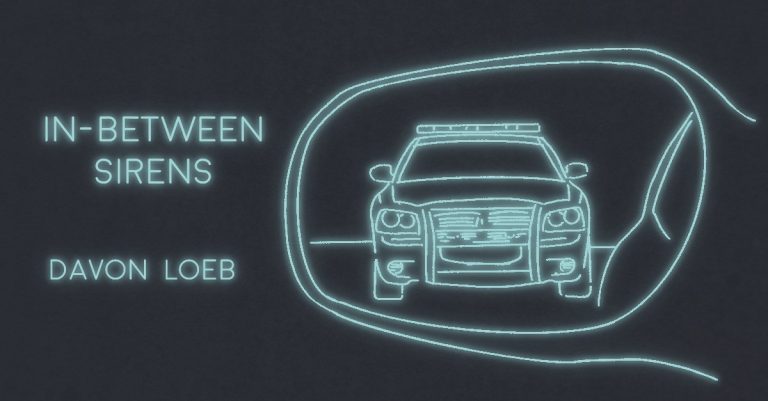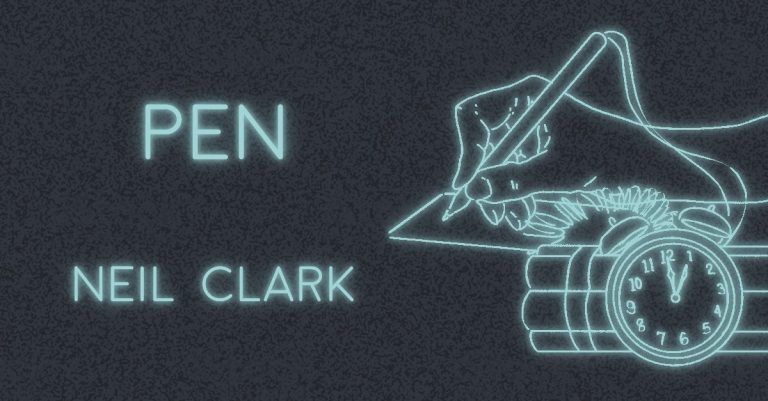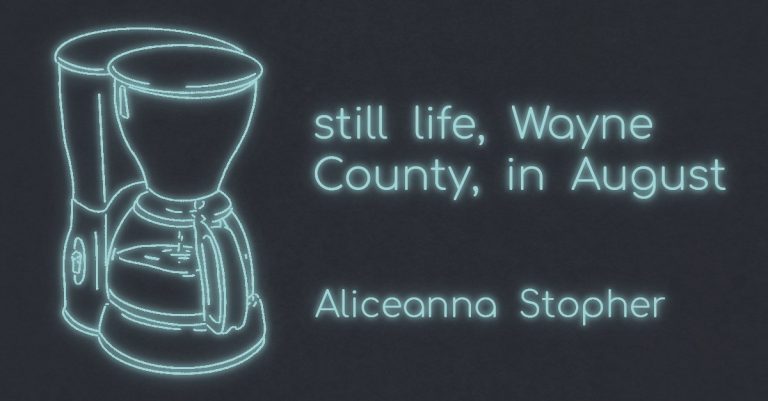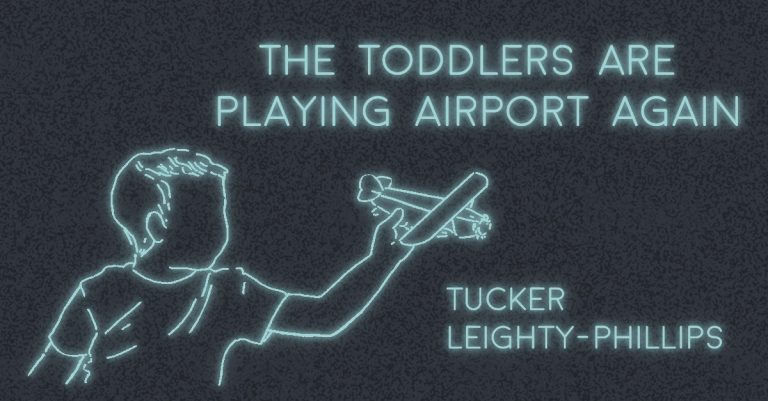
THE TODDLERS ARE PLAYING AIRPORT AGAIN by Tucker Leighty-Phillips
They’ve partitioned everything: the slide is the runway, the jungle gym is the terminal, covered in tiny travelers; anything with mulch is part of the operations area. Nobody flies. Nobody ever wants to be pilot. The toddlers love every aspect of the airport except for flight. Tickle always wants to be the rampie, loading freight onto planes with his sandbox bucket. Dasha is the lav agent, as she’s the best at keeping the plane’s bathrooms within regulation. Everyone wants to be Bill Boyer, Jr, CEO. They fight over his stock options until they shove one another and you have to

